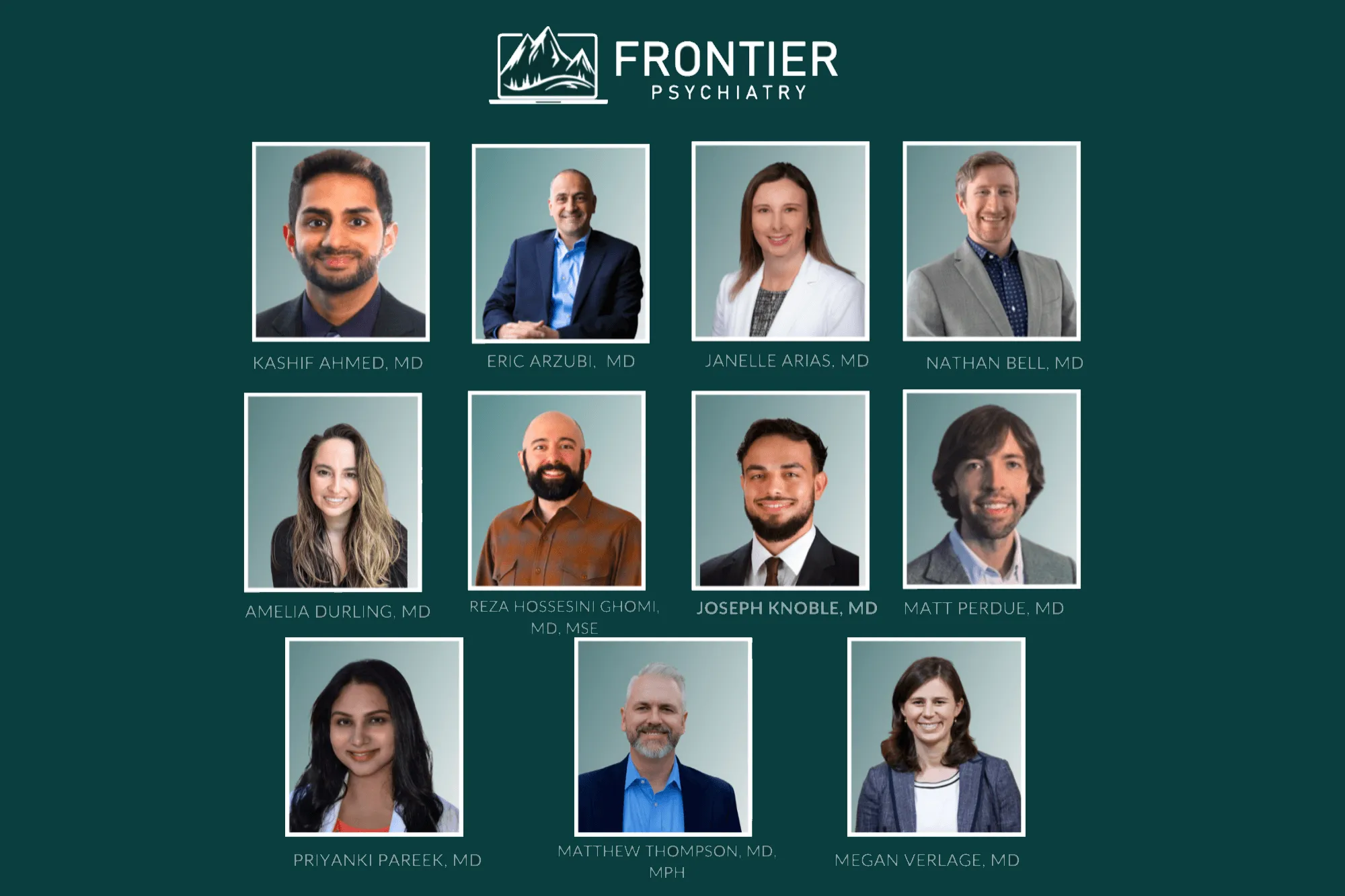Is Being a Doctor Worth the Trouble?
Today, I sat down to write a celebratory message to the physicians in our practice to recognize them for National Doctor’s Day.
It got me wondering if I still feel inspired enough in my role as a doctor to write something authentic to my colleagues.
After all, showing up as a caring doctor in 2024 takes a lot more than once-a-year cheerleading from someone like me.
It’s much more likely a drive that comes from deep within.
Why else would anyone slog through consecutive years of pre-med classes, medical school, and residency? Some of us even tack on another few years of fellowship training, accumulating up to 16,000 hours of clinical training in all.
On the other side of this journey, things don’t get any easier.
Saddled with an average of $250,000 in educational debt, newly trained docs face a whole new set up personal and professional challenges. Most of us don’t go into a highly-paid medical subspecialty, so digging out of a financial hole is a big driver when choosing our first job.
Many of us end up working for a non-profit organization in a low-paying job in exchange for the promise of eventual loan forgiveness. Non-profits are great, but none of us like feeling stuck in a job.
More often than not, extensive medical training prepares us well to deliver evidence-based, patient-centered care. Unfortunately, we are mostly unprepared to tackle some of the realities of practicing medicine in the 21st century:
1/ Threat of malpractice lawsuits. 2/ A dizzying # of clicks to get through the EHR. 3/ The complex business of medicine. 4/ Feeling a lack of agency. 5/ Answering to a growing # of stakeholders in healthcare. 6/ Watching people suffer or die.
These, and other challenges, help explain why doctors are twice as likely to attempt suicide than people in other professions.
So, why do it?
Every doctor has a different motivation or source of inspiration. I can only speak for some of us.
We have the privilege of sitting with people on some of their darkest days. We are often - not always - in a position to pull our patients out of the darkness. That’s an incredible feeling.
I’ve found that lawmakers welcome my input when offered. We are natural advocates and uniquely positioned to influence healthcare policy, especially in our respective specialty areas. These conversations restore my sense of agency.
In recent years, our team at Frontier Psychiatry has found inspiration in making psychiatric care available to people in all 56 counties across Montana. Many of these counties had never before accessed specialty mental health care.
I could go on. It’s not always easy, but there are many reasons that being a doctor remains fulfilling.
Here’s to celebrating National Doctor’s Day. If you know a doctor, please take a moment to thank her for persevering.
